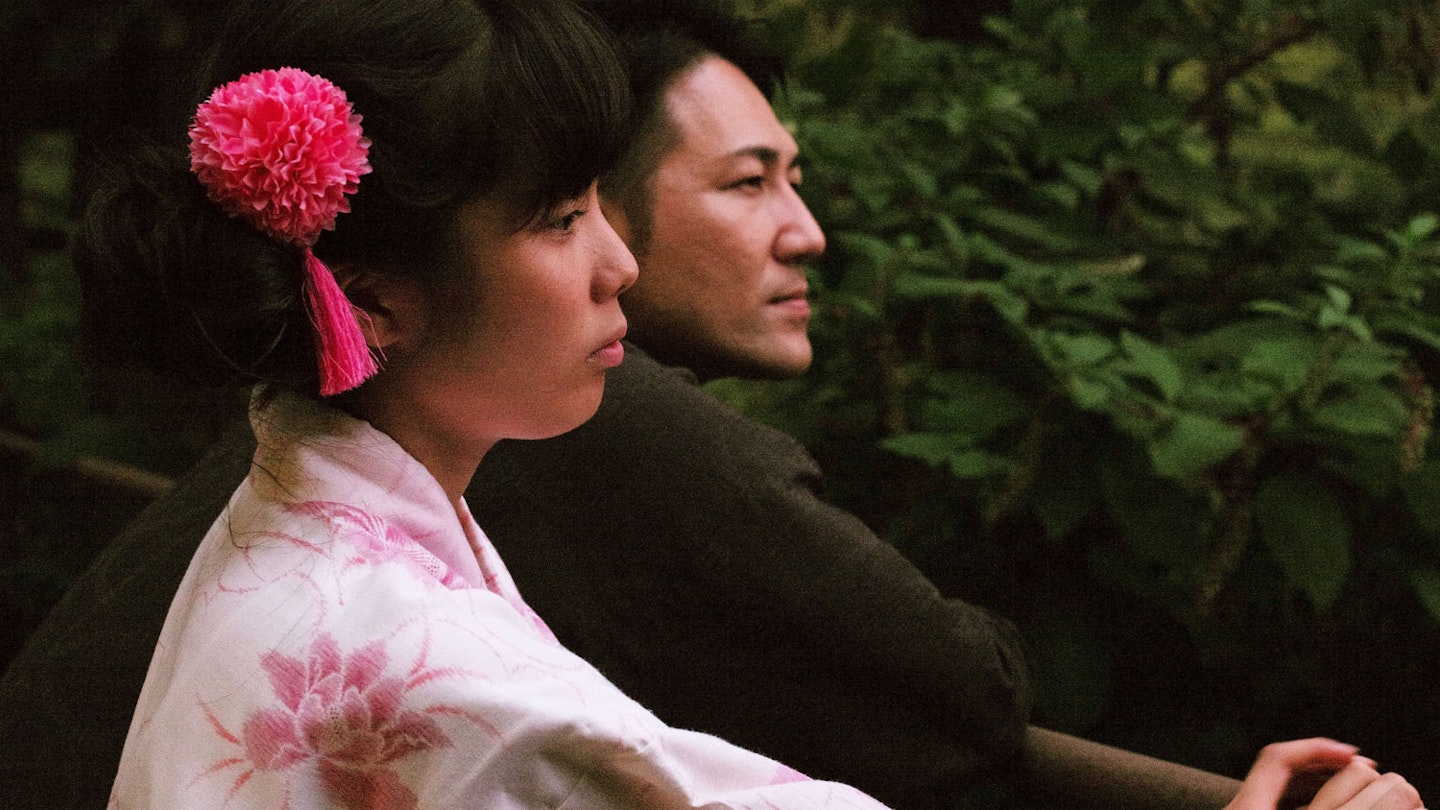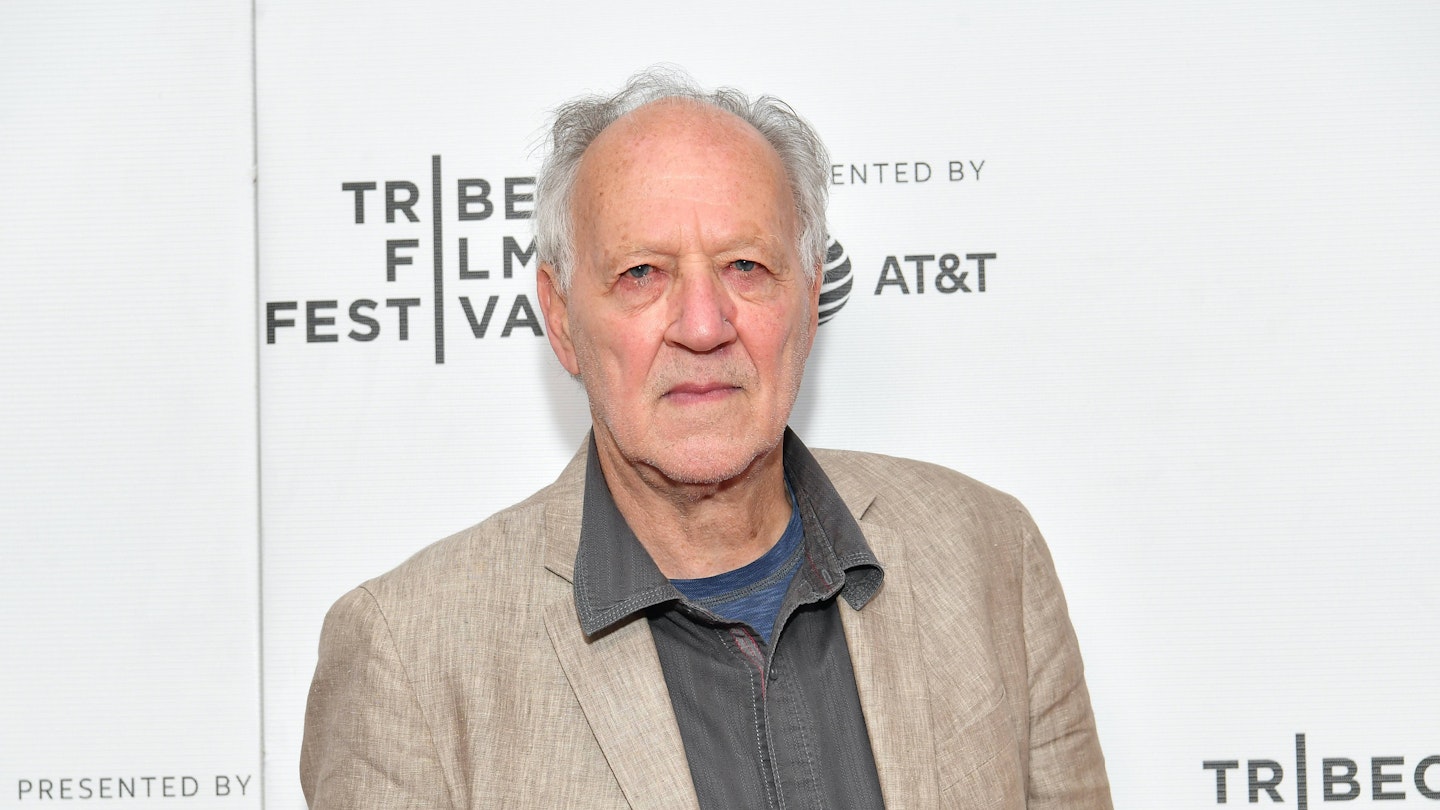One of Werner Herzog's greatest talents as a filmmaker is rooting out true, stranger-than-fiction stories and re-telling them in such a way that their humanity, in all its complex fascination, shines through. Sometimes these are adapted into narratives (Fitzcarraldo), often they are documentaries (Grizzly Man); in one instance, both (documentary Little Dieter Wants To Fly was remade as the Christian Bale-starring Rescue Dawn). With Family Romance, LLC Herzog for the first time blends both his approaches into a single film, with intriguing if uneven results.

The company of the title, based in Tokyo, loans out actors to people who need to fill specific emotional holes in their lives. They might need to rent a father to give away a bride because her real dad is a raging alcoholic. They may need to create an instant workplace friend to take the blame for a shameful cock-up. Or perhaps they just require a quick burst of life-reaffirming happiness through the recreation of their fondest memory. All of the above, and more, are presented by Herzog in a series of vignettes, shot in a handheld-video style that feels substantially similar to any of his documentaries. Furthermore, Family Romance, LLC is a real company, and its founder, Yuichi Ishii, appears as himself, taking a delicate, fictional assignment which provides a loose plotline.
The fact that Herzog has the real Ishii performing a fictional version of himself doing all this adds a thick layer of meta-ness.
In the role of a long-absent father, Ishii connects with fictional 12-year-old Mahiro (Mahiro Tanimoto), performing an intricate deception which could easily be read as cruel (Tanimoto appears unaware that he's not the real deal), but which also, in its own creepy way, has a benevolent effect on the girl. Her mother, having hired Ishii, is in on it, although the hazards of such well-intentioned emotional manipulation are later revealed when she falls for the charming actor. "At Family Romance we are not allowed to be loved, or love," he tells her.
Then there's the internal impact on Ishii himself. We see him absorbed by a robotic fish, tapping on the glass as if trying to will it into organic life. He dreams of combat recreators committing seppuku without swords, their fake deaths impossibly real. He confesses to his therapist that he sometimes worries that his own family (never fully seen) are actors playing roles for him. The fact that Herzog has the real Ishii performing a fictional version of himself doing all this adds a thick layer of meta-ness, while working in some extra twists and turns to this story's unique psychological labyrinth.
The film has plenty to say about how we are so willing to achieve self-affirmation through self-deception, but as clever and thought-provoking as it is, there is a sense of detachment to the whole exercise. It all feels very, well, performative. The vignettes are fun but sap the story of momentum, and you can't help but come away wondering what the real Yuichi Ishii feels about what he does for a living, rather than his identical avatar. The humanity would have shone through better with a good, old-fashioned Herzog documentary.

